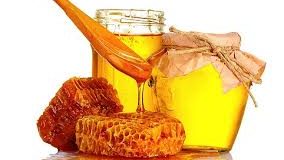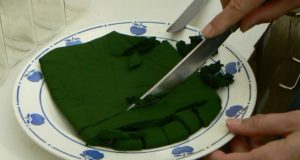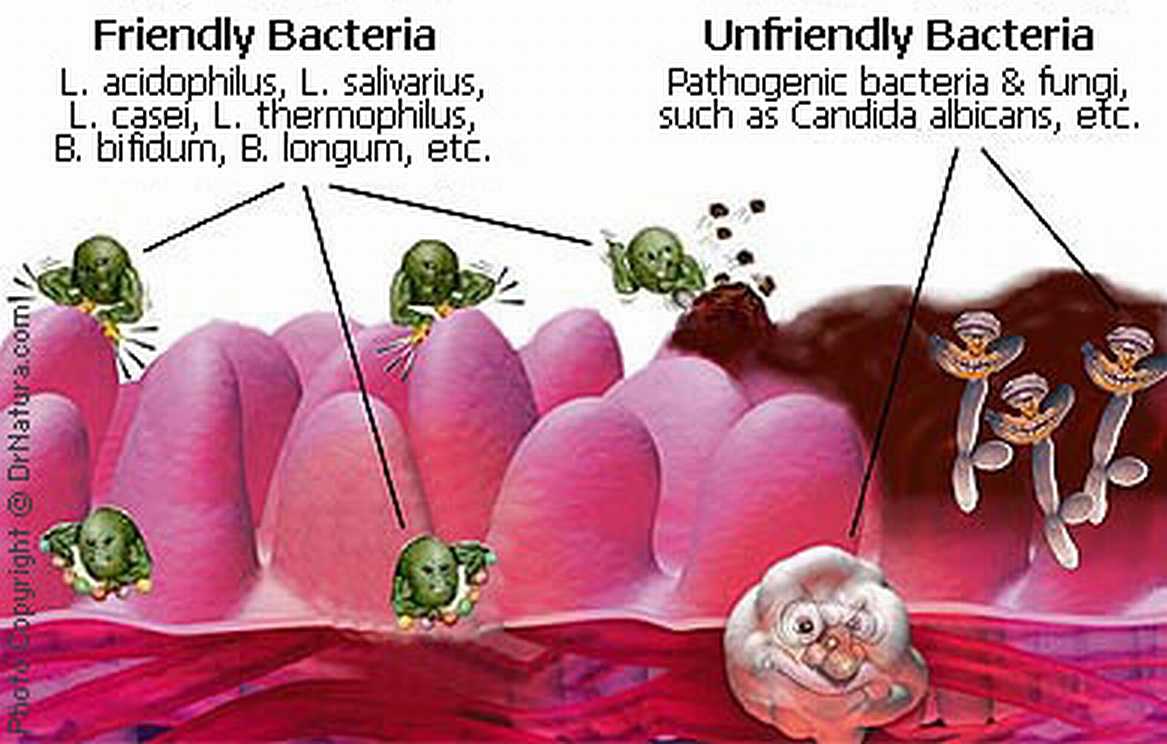
Eczema is a type of inflammatory reaction of the skin usually known as a chronic inflammatory skin disorder. It is a very common skin problem affecting at least 15% of children and about 10% of adult population. Although the exact cause of eczema is unknown, however, it is highly regarded as immunity disorder due to over-activity of allergic response that produces symptoms at the skin level.
Immune system, allergic response and eczema
Our immune system is amazingly complex and it works very hard to defend us. One of many ways is defending against harmful substances, such as bacteria, viruses and substances that appear foreign and harmful to the body. But for people with eczema, the immune system is over sensitive to a normally harmless substance. The immune cell identifies this harmless substance as a threat and launches a response to them. These external substances usually in the form of a protein, or other molecule, called an ‘allergen’. Typical eczema related allergens are dairy, gluten, tree pollen, pet dander, and dust.
Once the immune system recognizes an allergen, they will set into action by release chemicals such as histamine that cause inflammation. The inflammation process causes eczematous rashes and redness to appear. The rashes tend to be very itchy and causing sufferer to scratch. Scratching worsens the skin condition and aggravates skin inflammation and itch. This process is known as the itch-scratch cycle. It can become so severe that causes pain, sleeplessness, irritability, stress and thickening of skin. Scratching can also tear the skin and causing it to bleed and ooze. If left untreated, microbes or bacteria can easily enter which cause secondary infections to develop.
Conventional treatment vs natural treatment for eczema
Suppression of immune system is always the primary focus in western medicine, as a way of moderating the movement of eczema symptoms toward the surface. The suppressing drugs used include steroid creams, anti-inflammatory drugs or oral antihistamine. The eczema symptoms seem to improve while the drugs are used, but the eczema returns once the drugs are stopped.
Natural treatment for eczema takes an opposite approach. Instead of suppressing the immunity, natural treatment of eczema is able to stimulate the body to move towards a more healthy state by modulating the over-response immune system. Among others effective natural treatment for eczema is enzymes therapy.
The healing enzymes that cure your eczema
Enzymes, in particular protease (proteolytic enzymes) have been shown to be an effective internal anti-inflammatory agent. Enzymes therapy works to calm and control the eczema skin inflammatory reaction by re-balance the inflammatory pathways. Hence, it helps to keep eczema ‘flare-up’ under control.
Then, what are enzymes? Many people may be familiar with digestive enzymes as being a digestive aid for indigestion, bloated stomach and reflux. Unlike using digestive enzymes, enzymes used in natural treatment for eczema are absorbed into bloodstream for systemic purpose in order to achieve anti-inflammatory effects. Generally, a good enzymes formula to reduce inflammation should have in it bromelain, papain and aspergillus oryzae.
Protease is the most widely researched type of enzyme in the world. It works extremely effective as an internal anti-inflammatory agent to curb inflammation.
There are several different types of protease used therapeutically, derived from 4 main forms:
Fungal-based or plant-based: protease, catalase and seaprose
Bacterial-based: serratiopeptidase and nattokinase
Plant-sourced or tropical: Bromelain, papain and ficin
Animal-sourced: pancreatin, trypsin, and chymotrypsin
Protease assists in breaking down the proteins we have eaten when consumed with food. It can be taken between meals if consume for systemic purpose like assist with immune imbalances, heavy metal toxicity, inflammatory conditions, circulatory disorders, skin problems, constipation, water retention, inappropriate blood clots, heart disease, stroke, and cancer.

Source by Sharmine K.
 Vitamin Agent The Health & Naturalistic Source
Vitamin Agent The Health & Naturalistic Source





